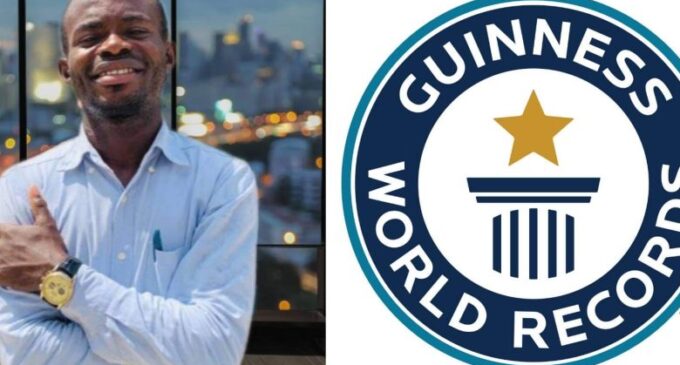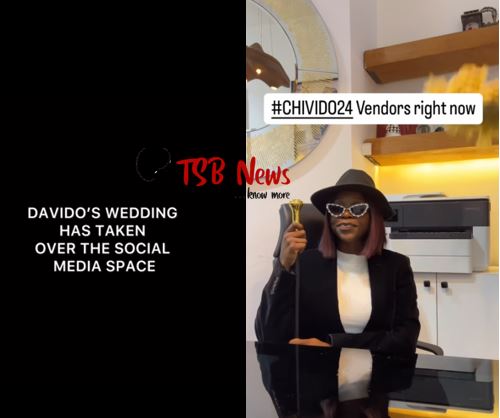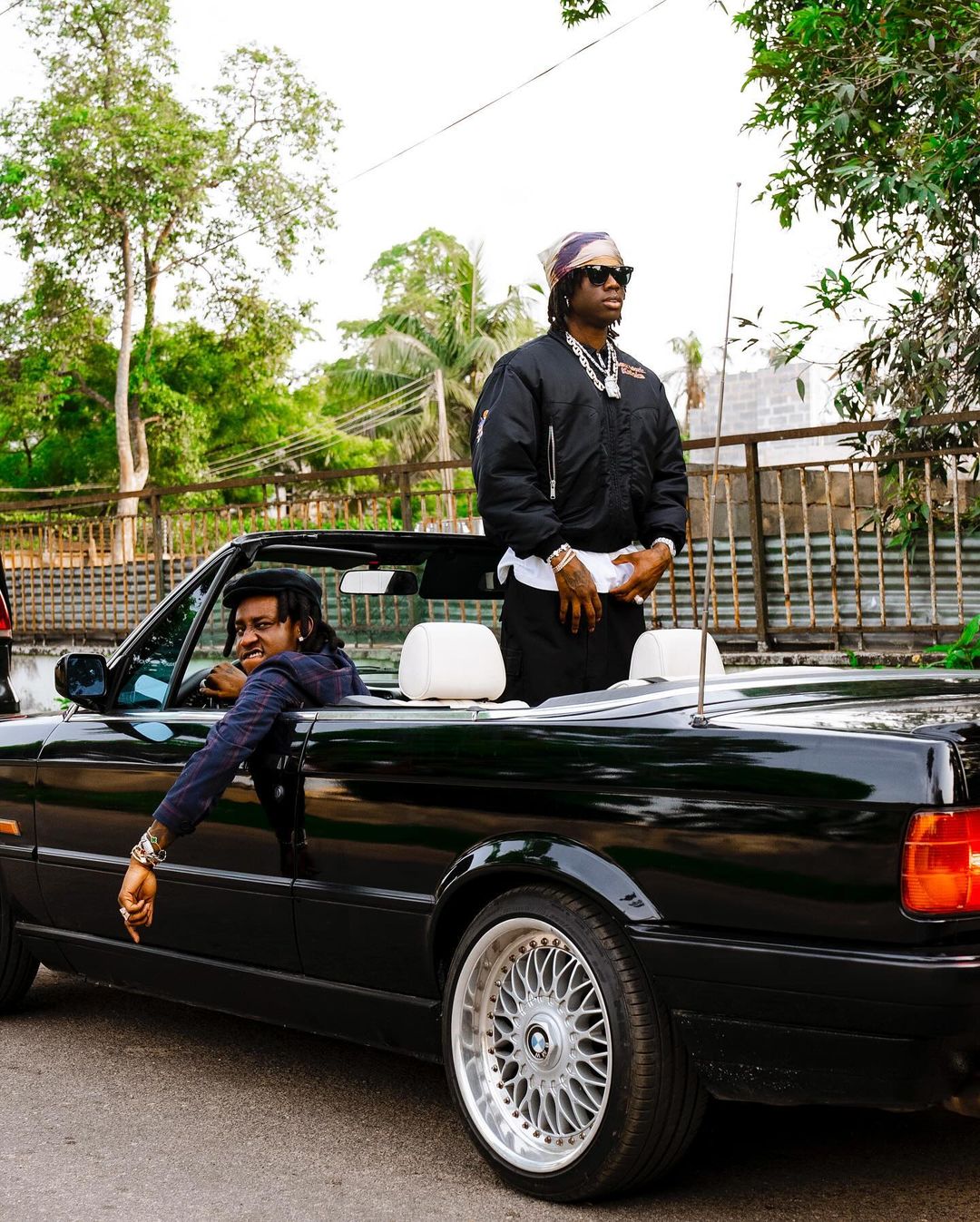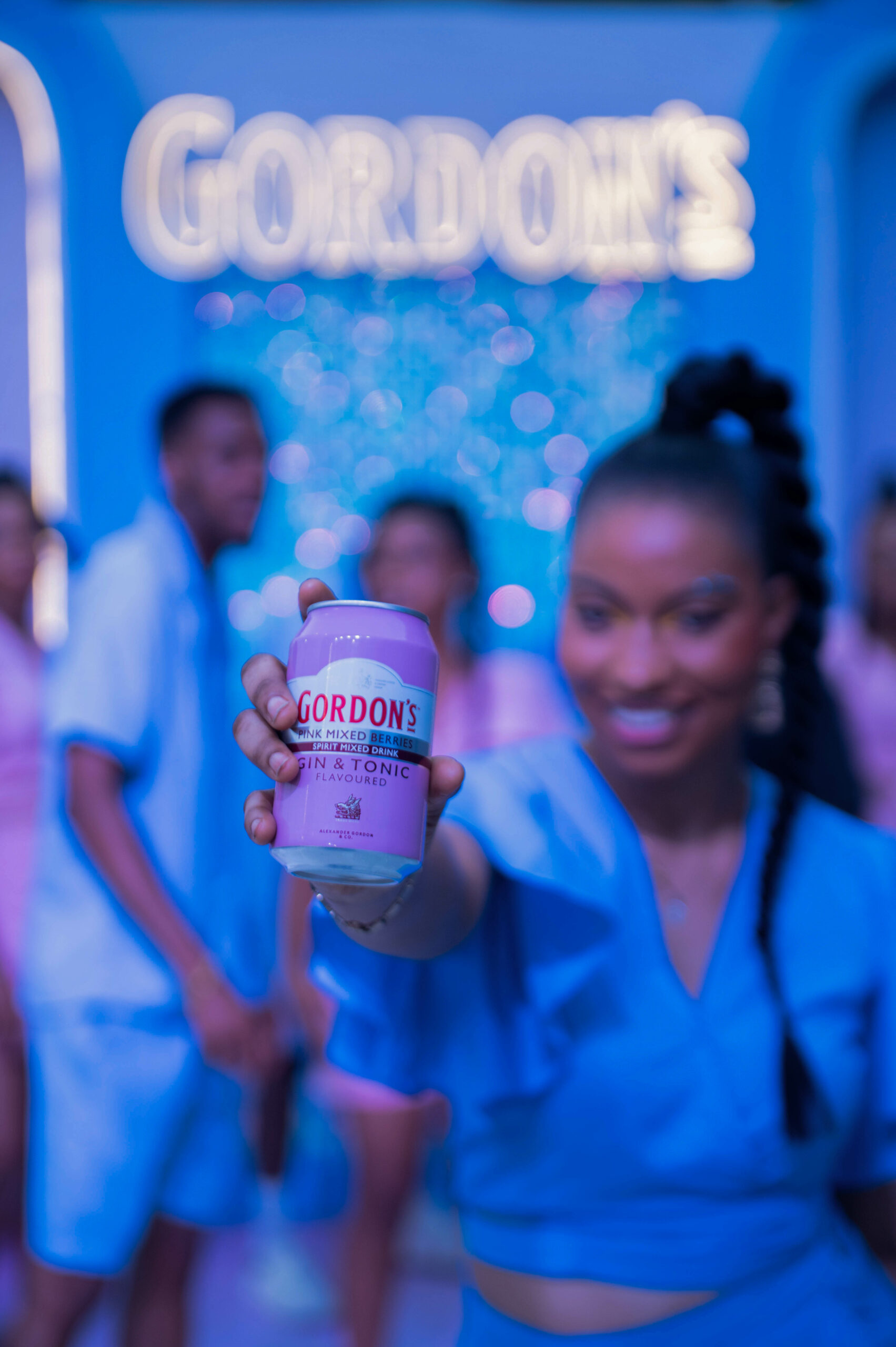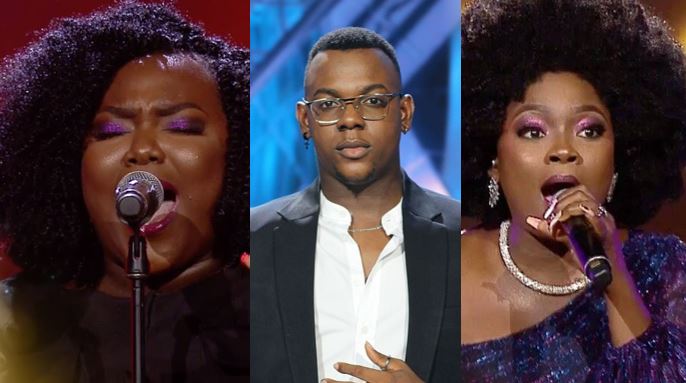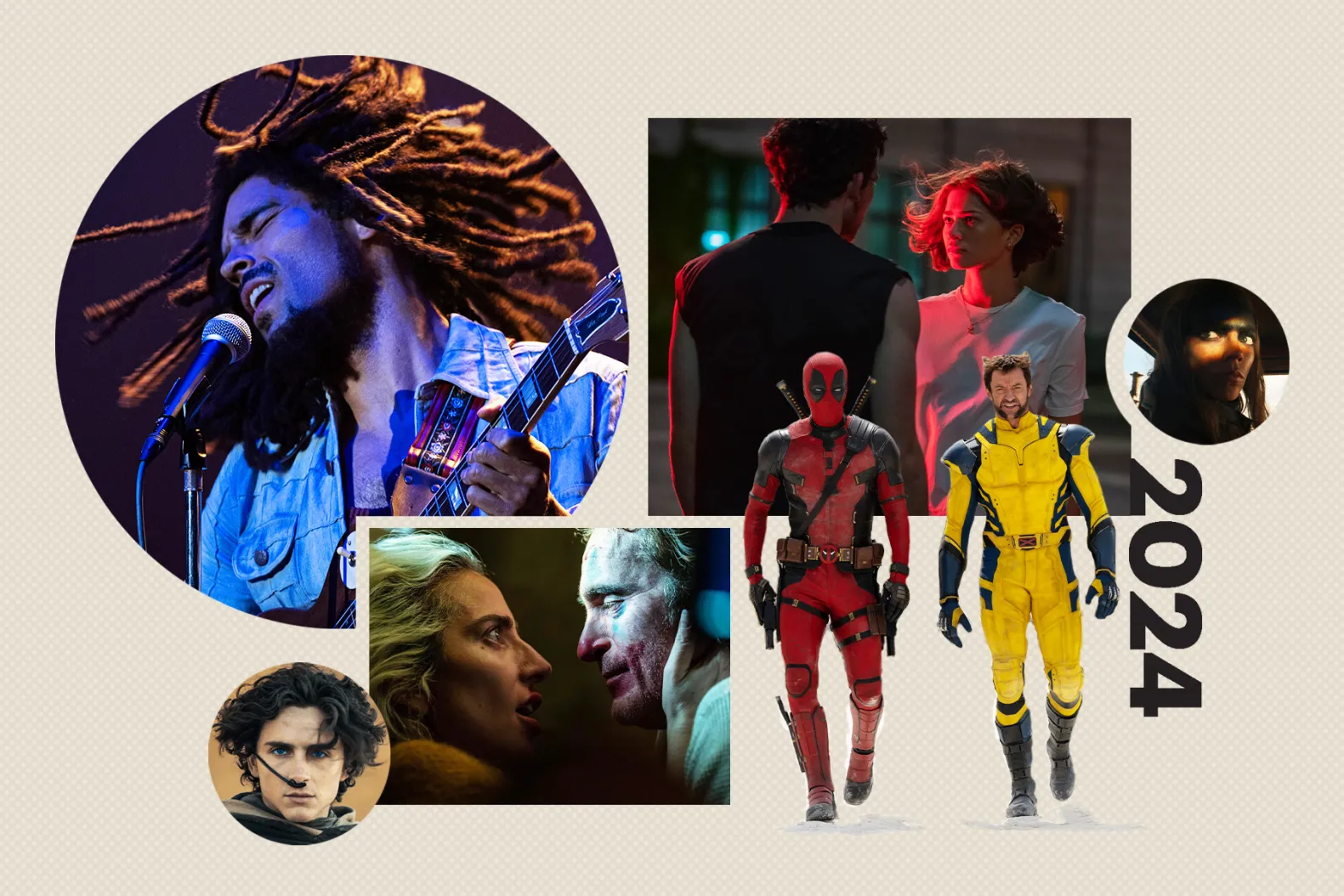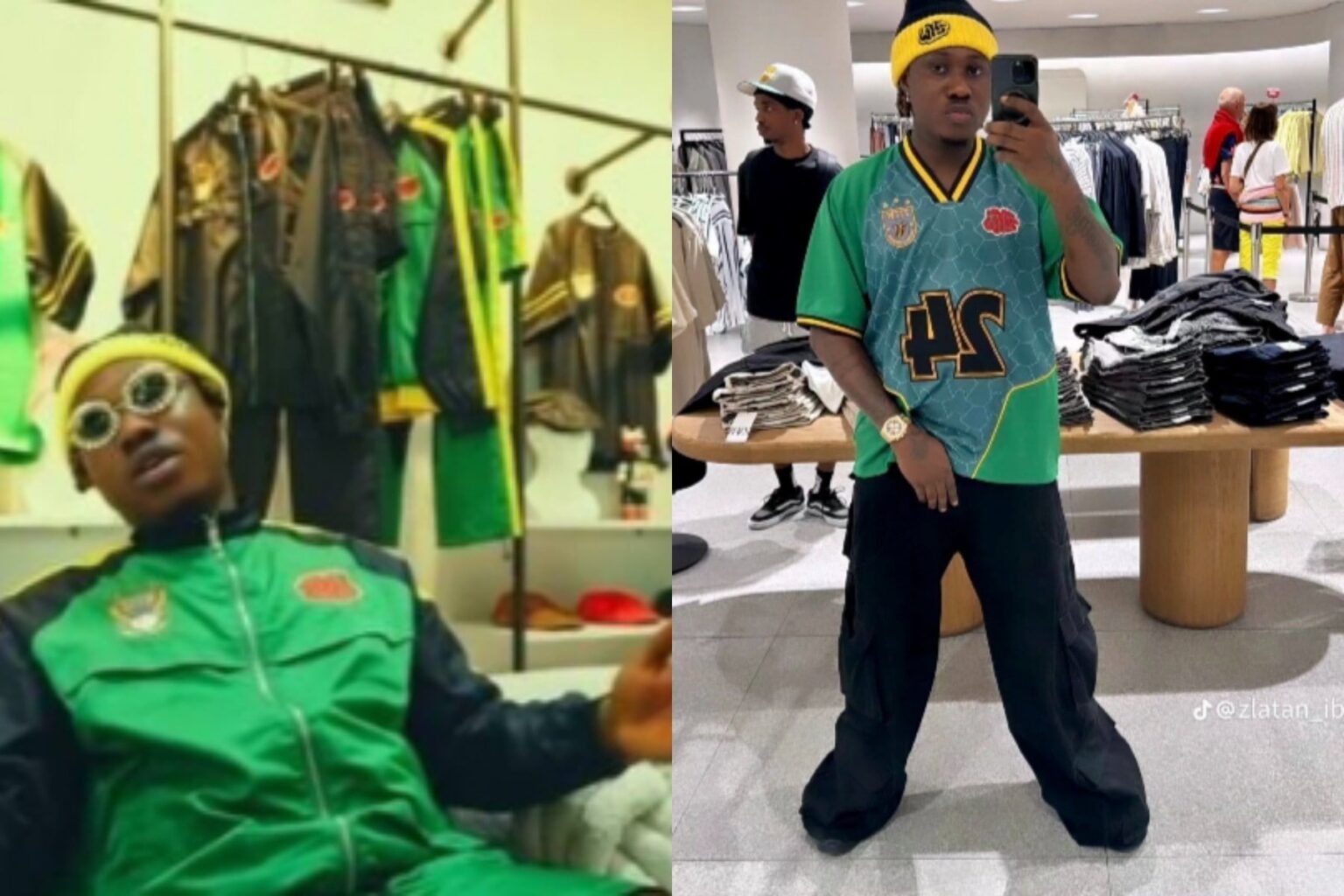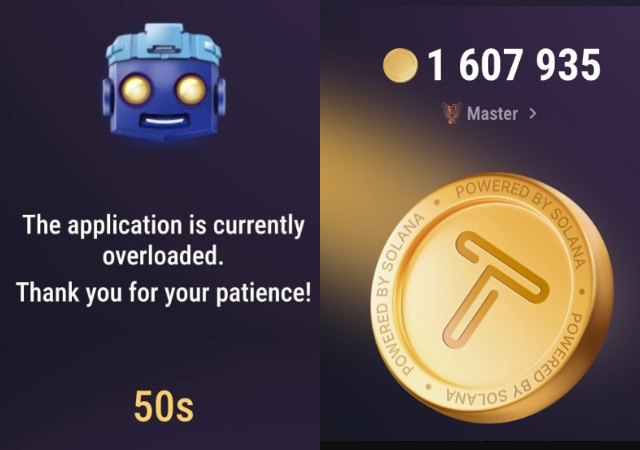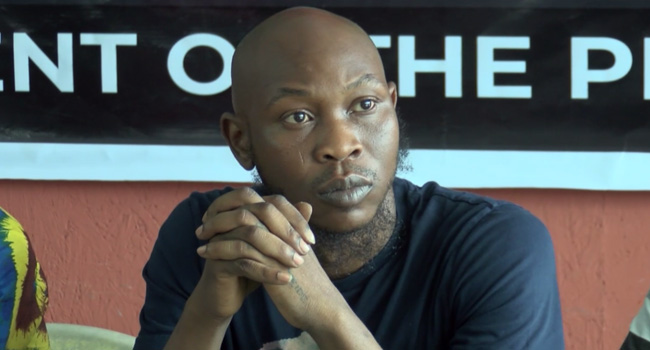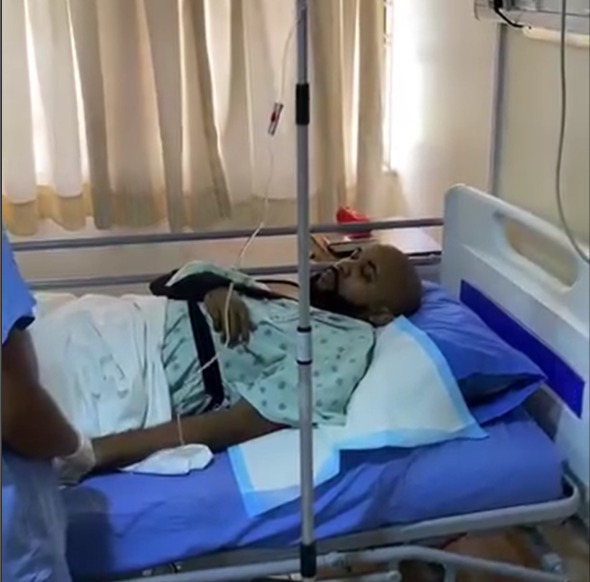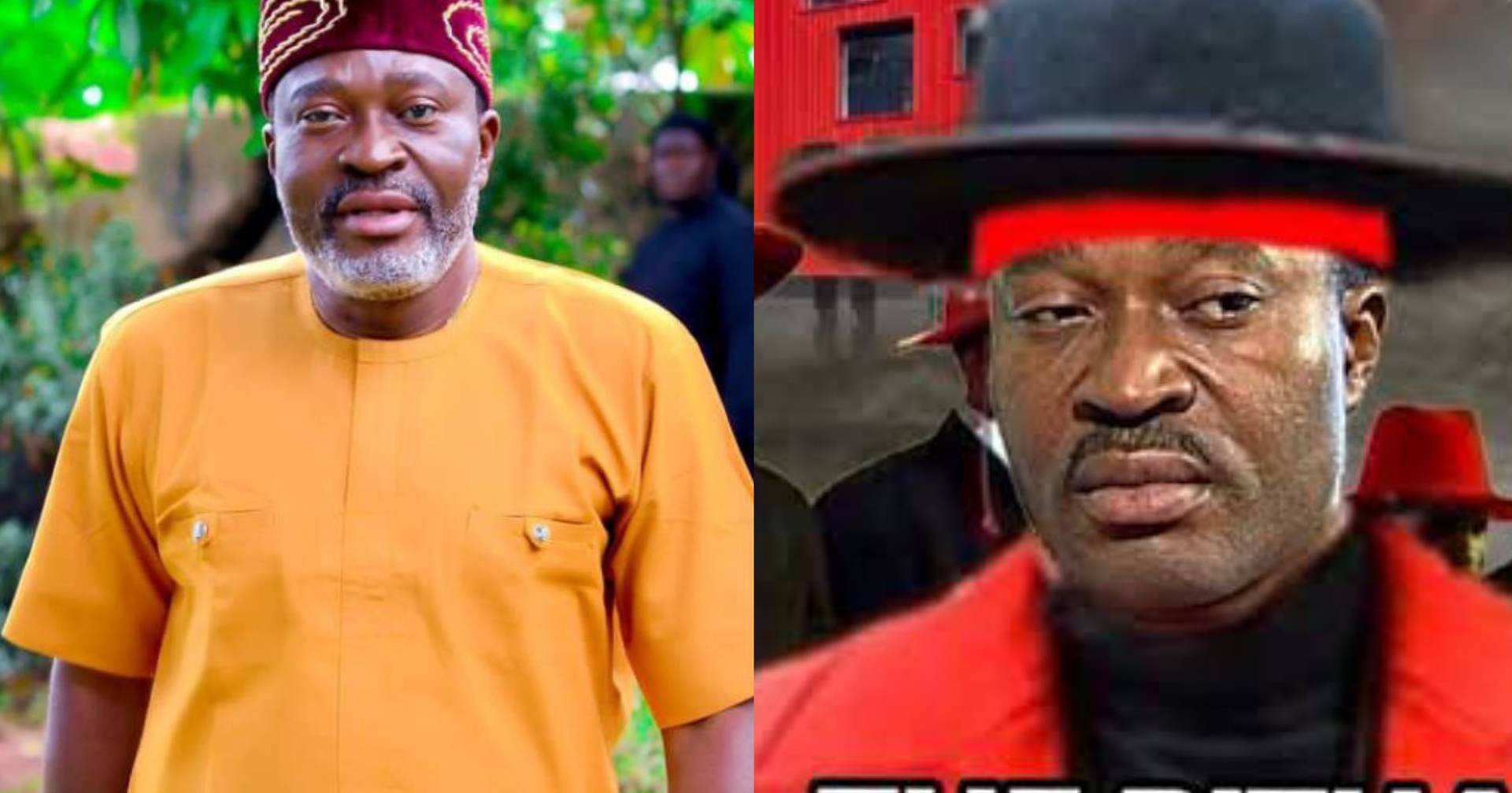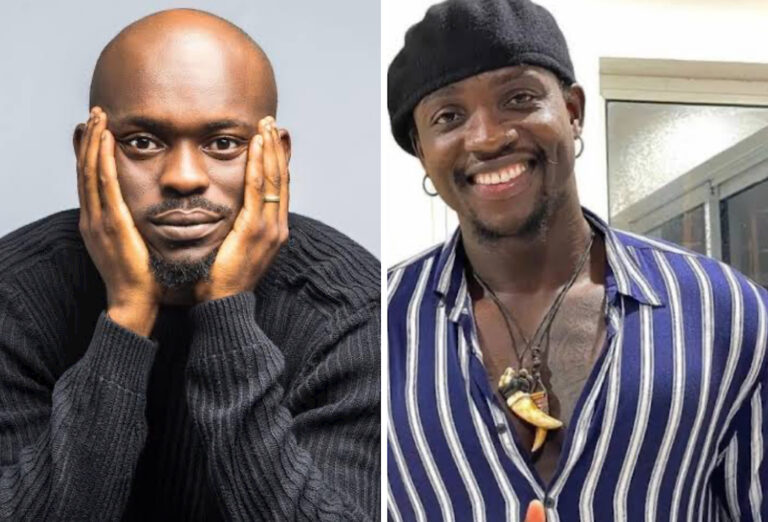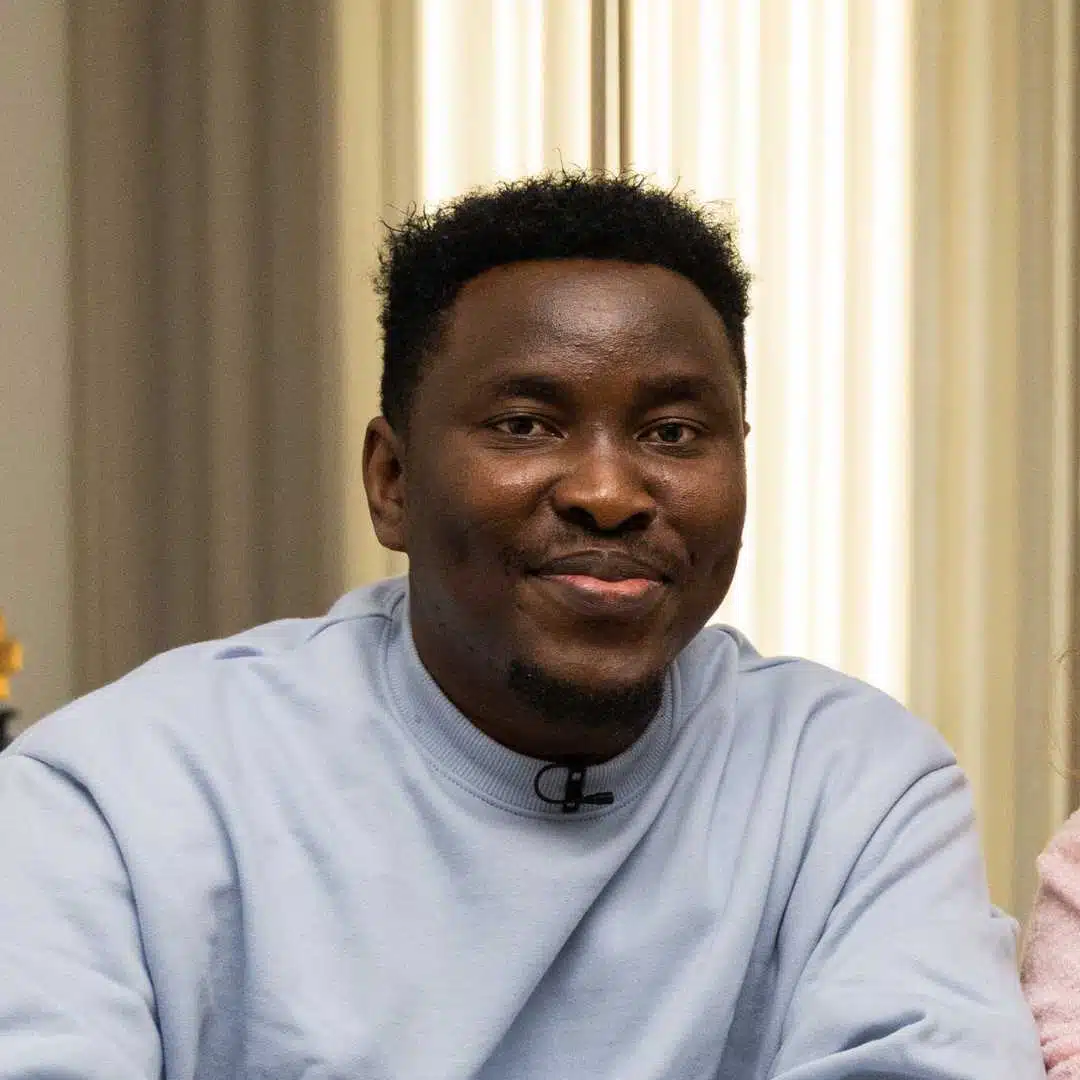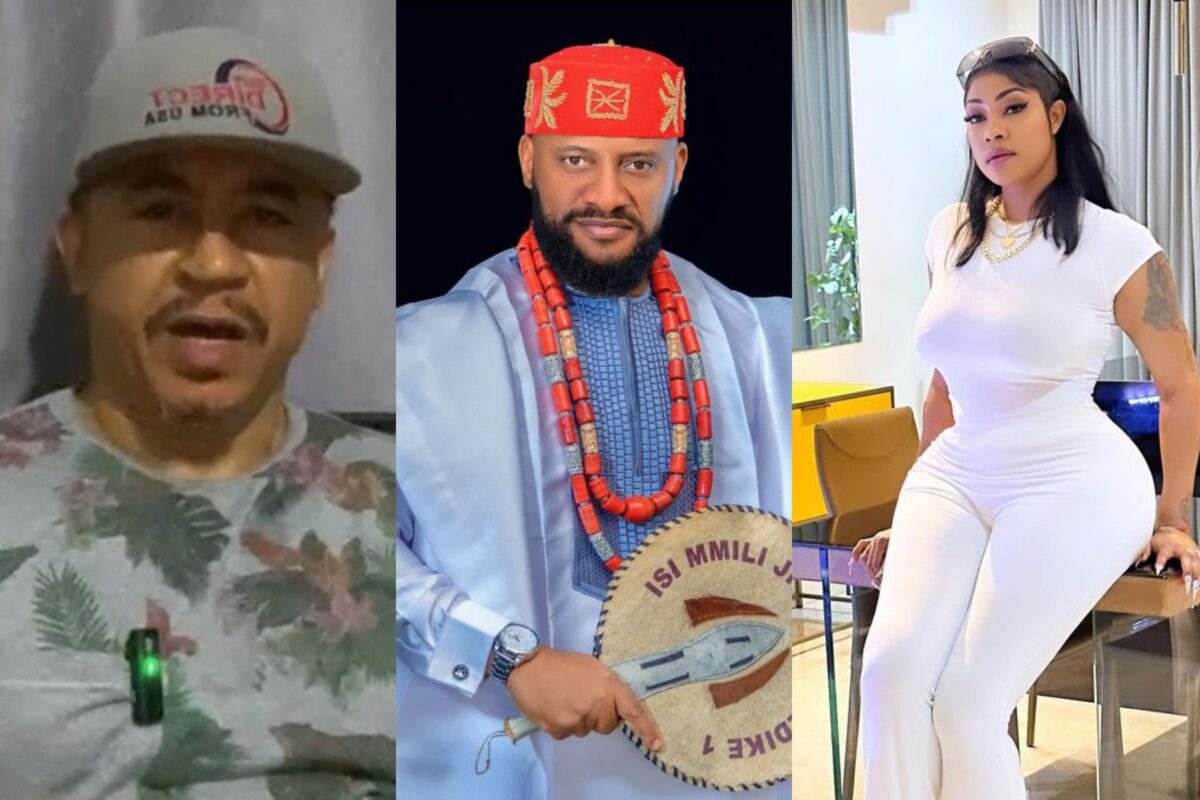Emmanuel Enensi, Student living with disability sets to break GWR by spelling ASL alphabet
Emmanuel Enensi, an auditory challenged Nigerian student, is attempting to break a Guinness World Record (GWR) for the fastest time to fingerspell the American Sign Language (ASL) alphabet, with a set time of 4.30 seconds.
The challenge is a competition for the fastest fingerspelling called “hot fingers”, something he dubbed “sign-a-thon”.
The present holder of British sign language (BSL) and world sign language (WSL) is Thomas McWhinney who clocked the fastest time of 4.7 seconds in London on August 23, 2008.
According to GWR, the time may be different depending on the sign language.
However, there is no previous record for the fastest time to spell the ASL alphabet.
Since Enensi is going to spell the dactylology of a sign language using ASL, even if he does not smash McWhinney’s record, he could still nick the record for the fastest time to spell the ASL alphabet by an individual.
Enensi said he applied for the challenge a month ago and GWR has asked him to go ahead.
He is a second year student of Ignatius Ajuru University of Education, Port Harcourt, Rivers state where he is studying guidance, counseling and special education.
He is the present deputy senate president of the national association of deaf Nigerian students. He is a volunteer with some non-governmental organisations (NGOs), disability organisations and a reporter with a news website.
He said he will commence the effort to spell on September 23, 2023 and has implored everyone to support him in setting a new record.
“I am looking for sponsors to help make this historic event possible. By supporting me, you will not only be part of a record-breaking achievement but also contribute to the promotion of sign language and the rights of millions of deaf people in Nigeria and by extension, Africa,” he said.
“With your financial support, you will be a champion of inclusion and equal participation in society. Sign language is an important tool for achieving accessibility, respect, support and sustainable development for deaf people. It is a win-win for all of us.”

